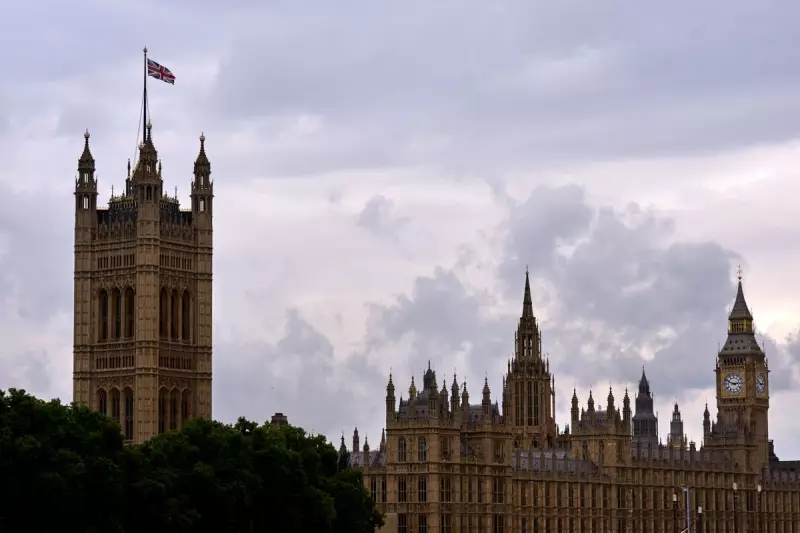
Security personnel at the Houses of Parliament have initiated unprecedented strike action, bringing long-simmering tensions over pay and working conditions to the heart of British democracy.
The walkout, organised by the Public and Commercial Services Union (PCS), represents a significant escalation in the ongoing dispute between parliamentary staff and authorities. Security officers, who play a crucial role in protecting MPs, staff, and visitors, are demanding fair compensation for their vital work.
Why Security Staff Are Walking Out
The strike action follows months of failed negotiations between union representatives and parliamentary authorities. Security staff have expressed growing frustration with what they describe as inadequate pay offers that fail to recognise both the specialised nature of their work and the current cost-of-living pressures.
These officers undergo extensive training and bear significant responsibility for the safety of everyone within the Parliamentary estate, from backbench MPs to government ministers and international dignitaries.
Impact on Parliamentary Operations
While the Metropolitan Police has confirmed it will provide "appropriate policing assistance" during the industrial action, the strike is expected to cause considerable disruption to the normal functioning of Parliament.
The walkout raises serious questions about security contingency plans and could potentially affect access to parliamentary buildings, committee meetings, and other official business. The timing proves particularly sensitive given Parliament's role in scrutinising government decisions and legislation.
Broader Implications for Public Sector Pay
This industrial action reflects wider unrest across the public sector, where many workers feel their pay has not kept pace with inflation and rising living costs. The Parliament security strike serves as a powerful symbol of this broader discontent, occurring literally at the doors of power.
As the strike unfolds, all eyes will be on how parliamentary authorities respond to what union officials describe as a last resort action by staff who feel their concerns have been repeatedly dismissed.





